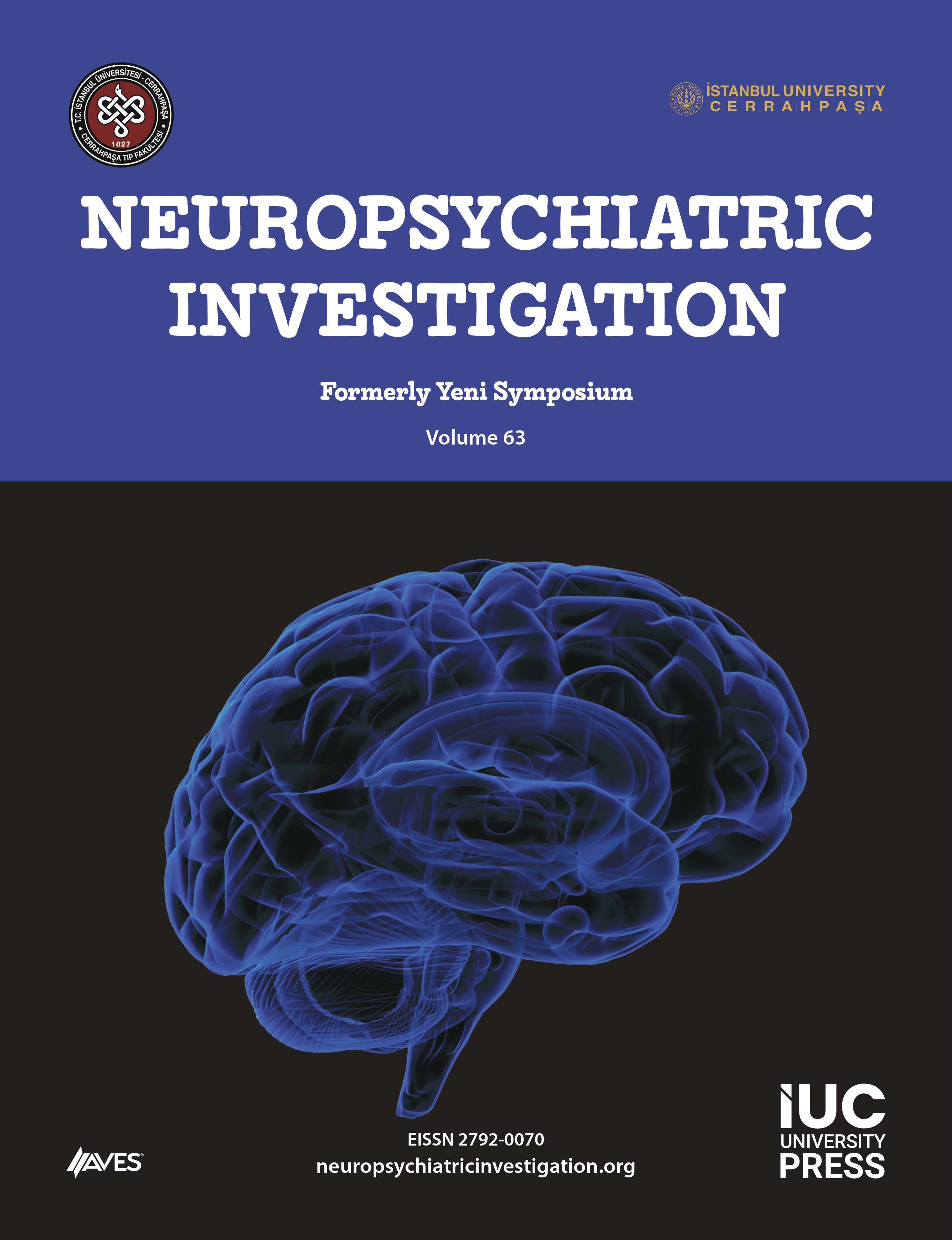Objective: The human sexual response is a complex physiological process that involves different neural, paracrine, autocrine, and endocrine mechanisms. Previous studies have revealed complex associations between sexual dysfunction, mood symptoms, and treatment with antidepressant drugs. Identify the incidence of antidepressant treatment-emergent sexual dysfunction or the effect of treatment continuation on sexual function.
Methods: This study examined the effects of treatment persistence on sexual dysfunction in 35 patients with anxiety disorders (23 females, 12 males). The study was conducted in a naturalistic setting and utilized well-validated measures.
Results: Cross-sectional findings indicated a point prevalence of sexual dysfunction of 57.1% at baseline, 75.1% at week 6, and 39.3% at week 12. The longitudinal analysis found worsening of sexual function at week 6 (but improvement in anxiety symptoms) and improvement of well-being and sexual function with 12 weeks of treatment continuation.
Conclusion: This study provides preliminary results on the relationship between sexual dysfunctions and anxiety symptoms. Further research in this area is needed to confirm these preliminary results.
Cite this article as: Elnazer HY. The effect of treatment continuation on sexual function of men and women with anxiety disorders: A prospective clinical study. Neuropsychiatr Invest. 2022;60(4):91-98.




.png)